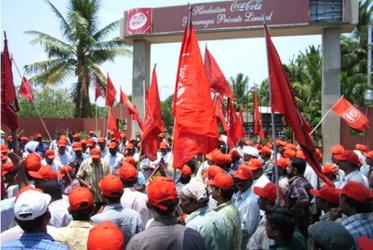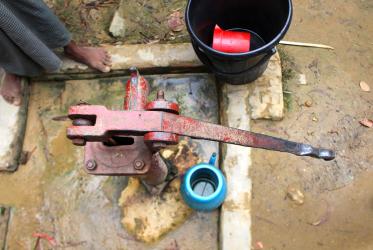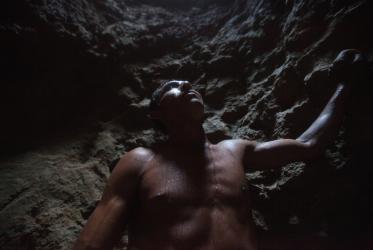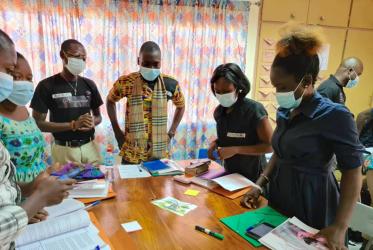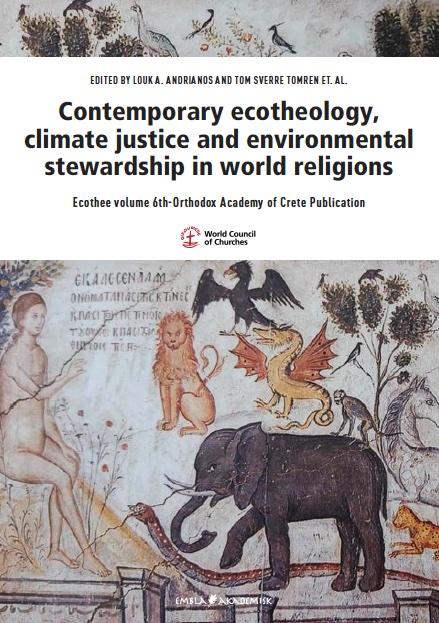Displaying 101 - 120 of 217
Called to Transformation - Ecumenical Diakonia
09 June 2022
Groundwater is “a political question”
27 April 2022
Groundwater: a hidden treasure we need to protect, say EWN members
28 February 2022
Unity is key when health crisis poses new challenges in Asia
28 February 2022
Walk the Talk / Dalle parole ai fatti
Tabella di marcia per chiese e comunità per un’economia di vita e per la giustizia ecologica.
02 February 2022
Contemporary Ecotheology, Climate Justice and Environmental Stewardship in World Religions
Ecothee Volume 6th-Orthodox Academy of Crete Publication
19 December 2021







